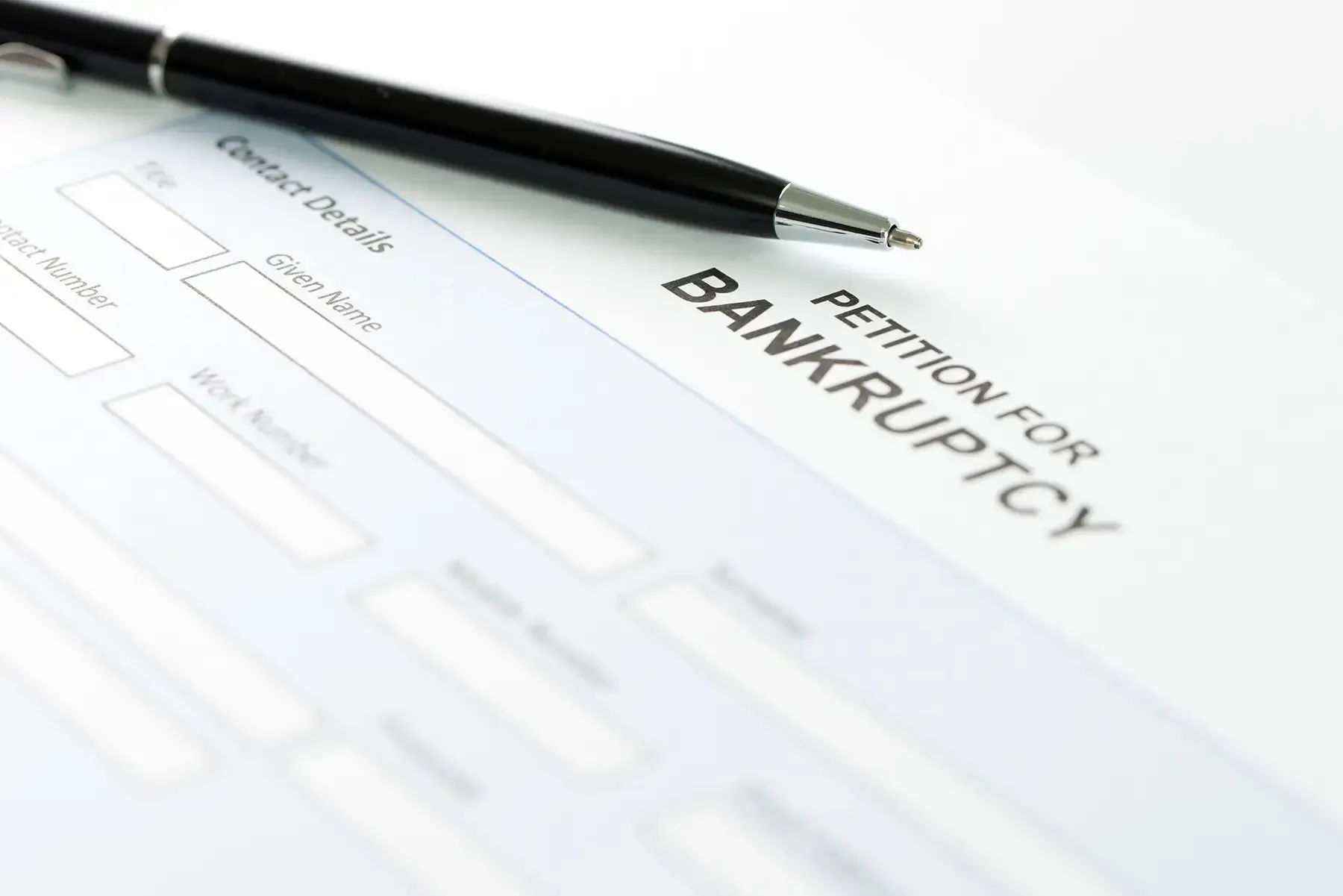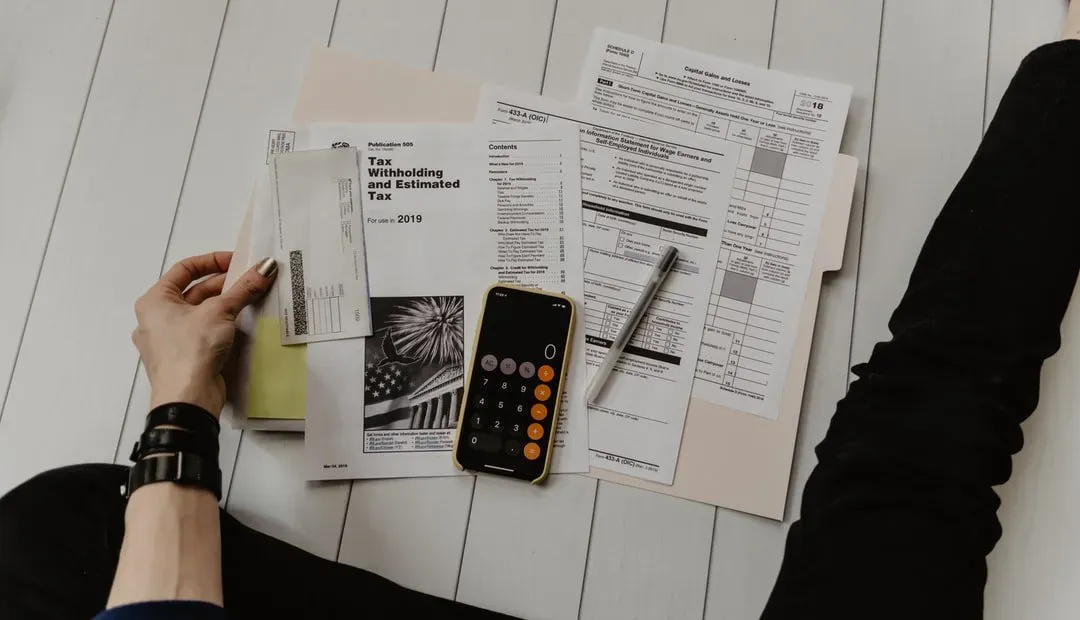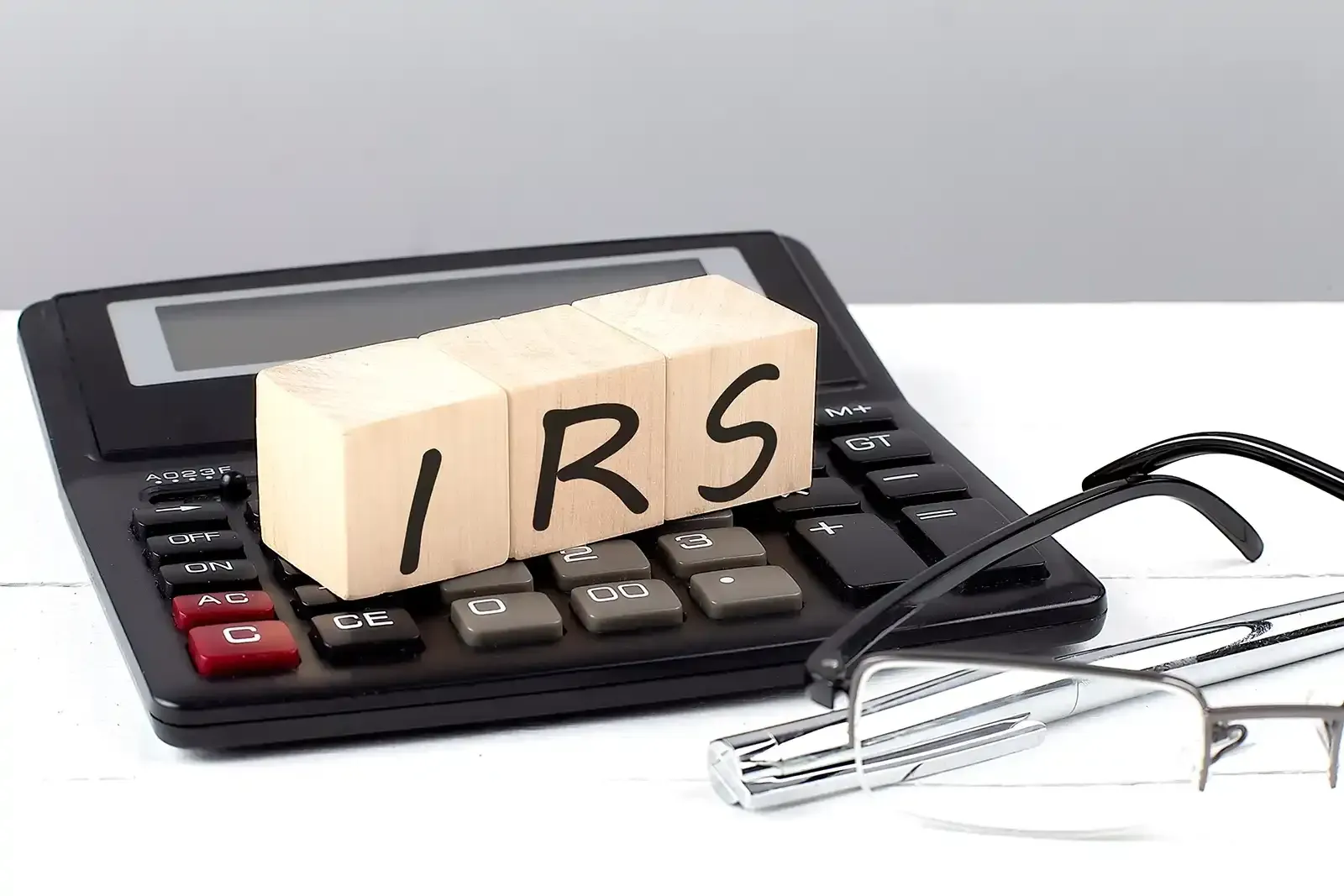Recovering medical costs in personal injury lawsuits
Maryland residents who suffer harm due to the negligent actions of others can pursue civil remedies by filing personal injury lawsuits. While litigation cannot undo the past and restore the plaintiff to the position they were in before the accident occurred, it can compensate victims for their out-of-pocket expenses and pain and suffering. The bulk of the damages in personal injury cases are awarded to cover the costs of medical treatment and make up for lost income, and they can be high when the plaintiff suffered life-changing injuries.
MEDICAL BILLS
The health care system in the United States is among the best in the world, but it is also very expensive. The kind of injuries suffered in workplace, slip-and-fall and motor vehicle accidents often require weeks or even months of treatment and physical therapy, which means the plaintiffs in personal injury cases may accrue tens of thousands of dollars in medical bills before their cases are settled or decided. Health care expenses that could be considered when determining personal injury damages include:
- Ambulance and first responder fees
- The costs of emergency room treatment
- Bills from laboratories that perform diagnostic tests
- The fees charged by doctors and specialists
- Money used to purchase equipment like crutches or wheelchairs
- The costs of physiotherapy and in-home services
CONTRIBUTORY NEGLIGENCE
Personal injury plaintiffs should gather as much evidence as they can before initiating litigation in Maryland because the state follows the contributory negligence doctrine. This means that plaintiffs cannot recover damages if they contributed in any way to causing the accident or their injuries. The vast majority of states follow the comparative negligence doctrine. In these states, the damages awarded to accident victims are adjusted to reflect their degree of fault.
ONGOING TREATMENT
The damages awarded in personal injury cases compensate accident victims for both expenses they have already incurred and costs they will encounter in the future. This is why experienced personal injury attorneys may consult with medical specialists when calculating damages in accident-related lawsuits. Experts could study medical records to determine the long-term costs plaintiffs are likely to face and the possible impacts their injures will have on their ability to work and earn a living.







